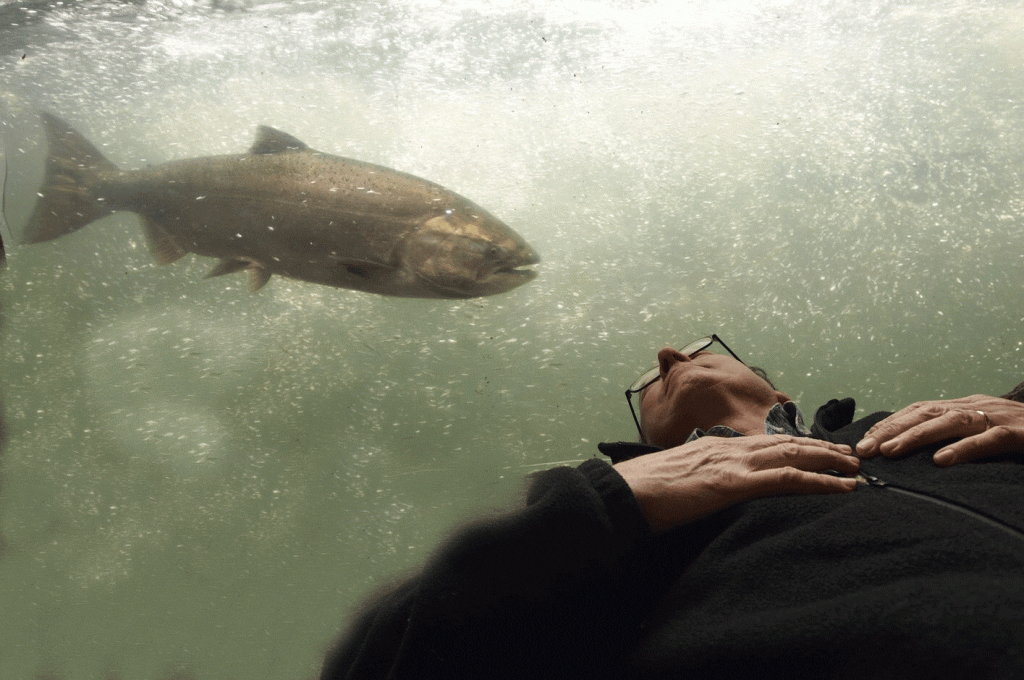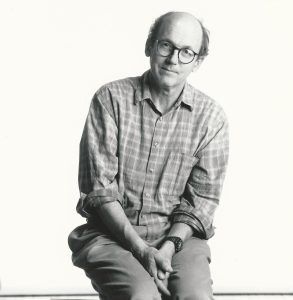
April 12, 2022 by Michael Weymouth
New York Times columnist Ezra Klein’s recent commentary The Enemies of Liberalism is a reminder of how the virtues of liberalism have been turned upside down by far right thinkers. Klein quotes author Matthew Rose in his book, A World After Liberalism in which Rose claims, “Our truest identities are rooted in the land in which we are born and the kin among whom we are raised. We should celebrate the strength in cultural difference, reject the hollow universalist pieties of liberals and insist on the preservation of what sets people apart.”
In other words, let us celebrate tribalism.
If this is to be our future, we really need to reconsider our liberal identity. Contrary to the idea that our identities are rooted in something as tangible as the land, I contend that most liberals believe that our identity is rooted in something far more existential: the power of the individual as a free and critical thinker who is hardwired to try to make a better world and not simply to accept things as they are.
Wikipedia describes existentialism as, “a philosophical theory or approach which emphasizes the existence of the individual person as a free and responsible agent determining their own development through free will.” There’s nothing in that description about cultural differences or tribal behavior; rather it encourages a view of the world through a more thoughtful lens, one that is best summed up by Henry David Thoreau’s observation, “It’s not what you look at, it’s what you see.” Thoreau was a transcendentalist, which is not that great a leap from being an existentialist.
My first encounter with existentialism was in a Hayes Bickford restaurant on Huntington Avenue in the early 60s. I was a poor art student at the time living on a dollar a day and Hayes Bickford had a twenty-five cent English muffin breakfast special with all the jam you could eat. The now-defunct cafeteria-style restaurant was also a hangout for Northeastern University students, who were constantly leaving their dog-eared school books behind. I was quick to scoff them up, having no money to buy my own.
One day a copy of The Fountainhead by Ayn Rand fell in to my hands. Rand was a conservative darling at the time, and remains so today. But, she embraced one existential thought that transcends culture and politics that has stuck with me: “Check your premises.” Essentially she was saying that we are all unique individuals and upon leaving the security of the family unit for the wider world, we should reevaluate all we had been taught as we walked out the door, to look at those lessons objectively and take only those we felt were a fit for us as individuals in starting our new life. Ayn Rand’s philosophy was called Objectivism, and it set me on a path to see the world through my lens and not someone else’s.
Another abandoned book was The Stranger by Albert Camus, which took me on another existential journey. One of Camus’s more memorable statements was, “it’s not your paintings I like, it’s your painting,” which carried particular meaning for a young man in art school who wasn’t quite sure what the future held. The mere fact that I experienced life through an artist eye was reassuring in and of itself.
The art school I attended was just down the street from the MFA. One of my favorite paintings there was Paul Gauguin’s painting of Tahitian natives, Where Do We Come From? What Are We? Where Are We Going?, not simply because it was a great painting, but because, like Thoreau, Gauguin was an existential hunter in search of answers, even if they resided in far off Tahiti.
Gauguin’s on-again-off-again buddy, Vincent Van Gogh also spent time in a wilderness of sorts: the cacophonic clutter of his own mind, and yet he was prescient enough to have said, “painting is a faith, and it imposes the duty to disregard public opinion.” To wit Van Gogh only sold one painting in his lifetime, and that was to his brother, Theo. The latest Van Goghs are selling for $30-$40 million. So much for public opinion.
I recently read a book by Alan Lightman, Searching for Stars on an Island in Maine, an insightful existential journey inspired by Lightman’s experience lying in a bed of moss on his family island in Penobscot Bay staring up at the starry Maine sky. Many of us have looked into that same sky countless times in our lives and had the same thoughts. Some see stars, others see mystery and unanswered questions.
Singer Joni Mitchell is yet another existentialist. Mitchell is one of many songwriters who thinks critically about life, in this case, what is love, through the ephemeral nature of clouds.
I've looked at clouds from both sides now
From up and down and still somehow
It's cloud illusions I recall
I really don't know clouds at all
It’s not uncommon for an existentialist to admit, as Mitchell does, that we don’t always have the answers. But that does not stop us from searching. It’s the journey after all, not the destination, a phrase coined by Buddhist Lao Tzu in the I Ching, “a journey of a thousand miles begins with one step,” advice many parents have used to encourage their children to follow their dreams, however difficult the journey may be.
Many of Lao Tzu’s views are a bit hard to get your mind around. One is, “He who says doesn’t know, he who knows doesn’t say,” which is advice I used to give my young staff members when they went to meetings, meaning that most of the people in the meeting knew more than they did about the task at hand. My staff would do well to remain silent and listen and learn, instead of opening their mouths and revealing how much they didn’t know.
One of the characters I encountered in my Hayes Bickford days was Polish poet Czeslaw Milosz. Milosz had written about the legitimacy of suicide, not in the legal sense, but in the philosophical sense. It seemed that more than a few Polish poets had thoroughly examined every aspect of life on earth, and the only unanswered question was about the hereafter; is there life after death? And what better way to find the answer than to go there. So, in this context Milosz determined suicide was a legitimate, even noble pursuit. Pretty heady stuff. However many years later Czeslaw Milosz concluded that, after all his searching, the most important thing in life was “to find something you really love to do and spend the rest of your life doing it,” a pretty simple conclusion after a life of critical thinking.
Even my grandmother gave me that advice when I left home. Little did I know it was my first encounter with an existentialist?



Wonderful, thoughtful article, Mike! Thank you!